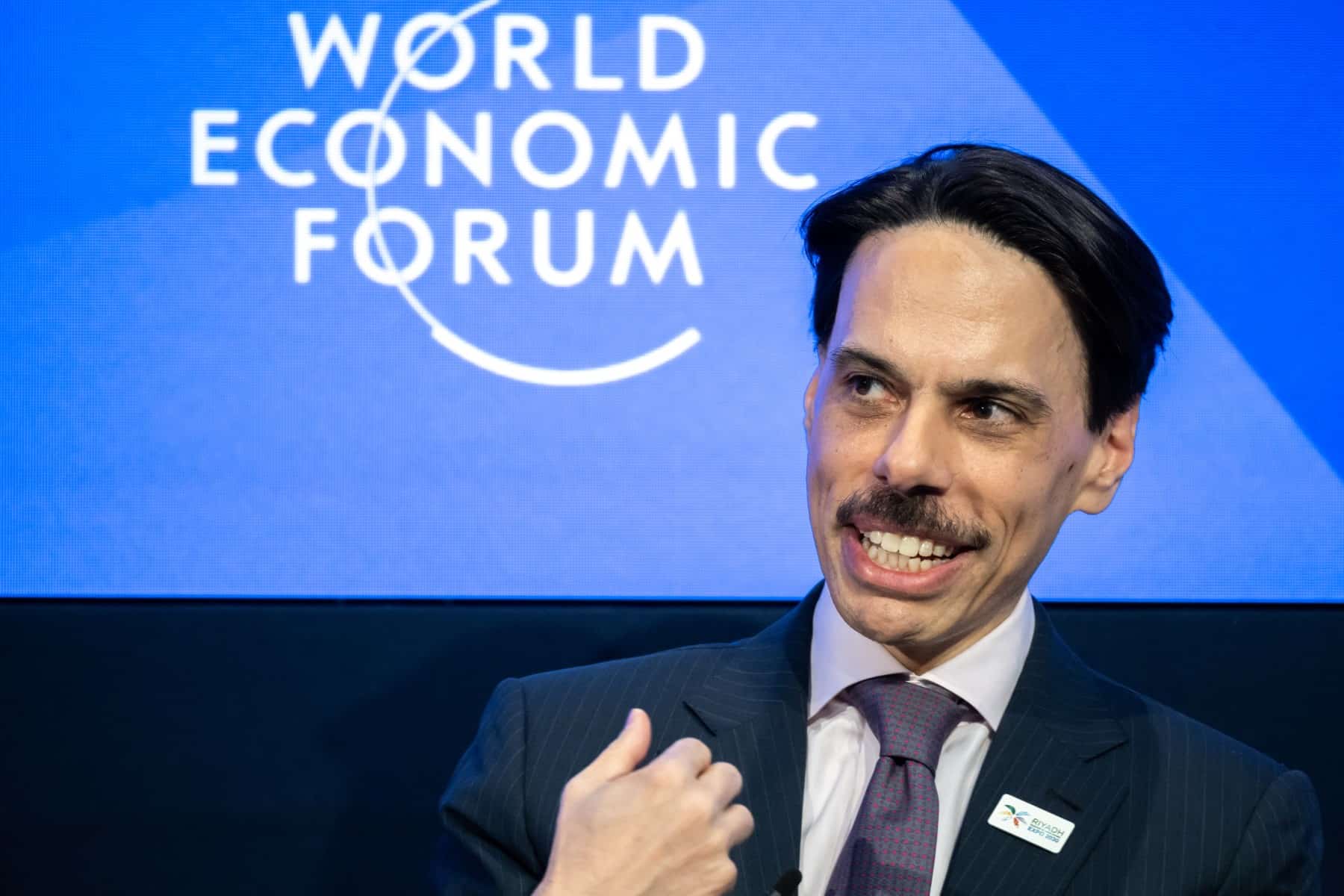DAVOS, Switzerland — Saudi Arabia has been trying to find a path to dialogue with Iran as the best way to resolve differences, the country’s Foreign Minister Prince Faisal bin Farhan Al Saud said during a World Economic Forum session in Davos.
He said a decision by Saudi Arabia and other Gulf states to focus on their economies and development was a “strong signal to Iran and others in the region that there is a pathway beyond traditional arguments and disputes towards joint prosperity”.
Saudi Arabia and Iran have for years vied for influence in a rivalry that has played out across the region.
Riyadh and Tehran had cut ties in 2016 but officials from the two countries have held five rounds of direct talks hosted by Iraq since last year, the last of which was in April, without achieving any diplomatic breakthroughs.
#wef23#SaudiArabia‘s Foreign Minister Prince Faisal bin Farhan suggests ways to sustain regional economic prosperity at @wef.@FaisalbinFarhan @KSAmofaEN @Davos #risks #MiddleEast pic.twitter.com/v6HHfLoJcE
— TRENDS (@mena_trends) January 18, 2023
Gulf Arab states are concerned about Iran’s nuclear and ballistic missile programs and network of regional proxies, but want to contain tensions as they focus on economic priorities.
The Saudi foreign minister, speaking at a panel at the World Economic Forum in Davos, also said there was a need to find a route to ending the Russia-Ukraine conflict, otherwise global uncertainty would continue.
“This is complex question, but we will have to talk about how we find a pathway to ending the conflict,” he said.
Bin Farhan, on the other hand, stated that his country is “working to stabilize energy security,” adding that OPEC Plus faced market fluctuations and worked to benefit producers and consumers.”
The minister reaffirmed Saudi Arabia’s dedication to a clean energy future while emphasizing the necessity of maintaining the reliability of conventional sources of energy.
“The stability of the oil price indicates that the Kingdom was correct in its position during the dispute with the United States last year regarding the decision to reduce crude production targets,” Prince Faisal bin Farhan in reference to OPEC Plus. He added that it is his country’s responsibility to maintain this stability in oil markets and global economies.
The Saudi Foreign Minister also emphasized the success of “Vision 2030” in transitioning the Saudi economy away from reliance on oil as a source of government revenue and as a percentage of GDP.
“This process is ongoing, and we are working to activate all sectors of the economy,” he said. Unemployment has decreased significantly, and labor-force participation has increased, particularly among women.
Saudi foreign minister affirmed the strength of the Saudi-American partnership, noting that this partnership “does not always mean agreement,” adding that Riyadh will continue to engage in a strong dialogue with its traditional ally Washington to resolve any issues. IMF Managing Director Kristalina Georgieva, Qatari Foreign Minister Mohammed Bin Abdulrahman Al Thani and Finnish Foreign Minister Pekka Haavis were also present at the World Economic Forum session titled “Keeping the Lights on amid Geopolitical Fracture”.








